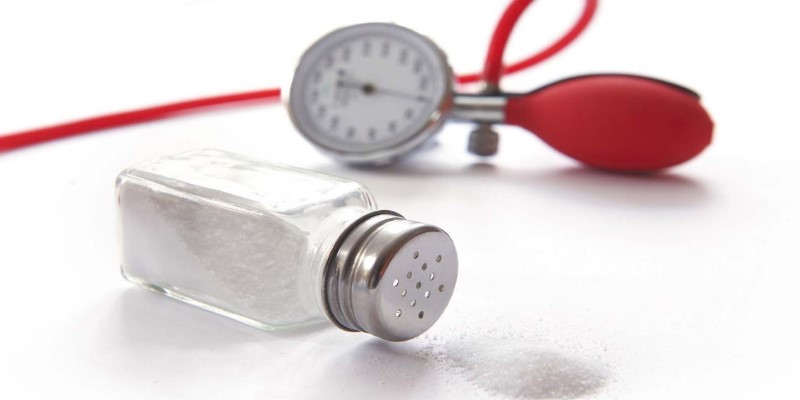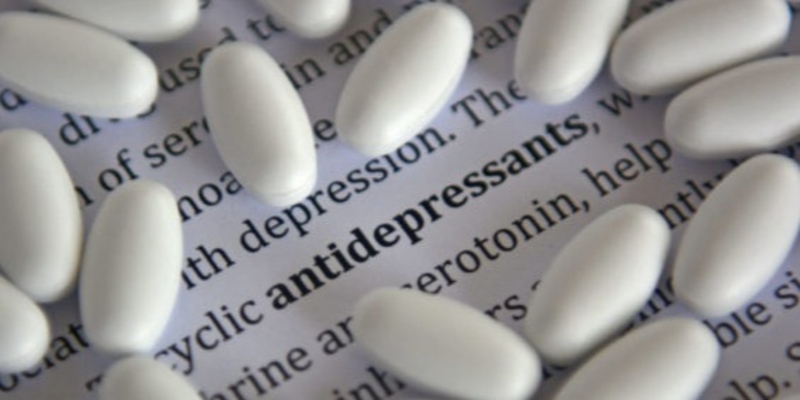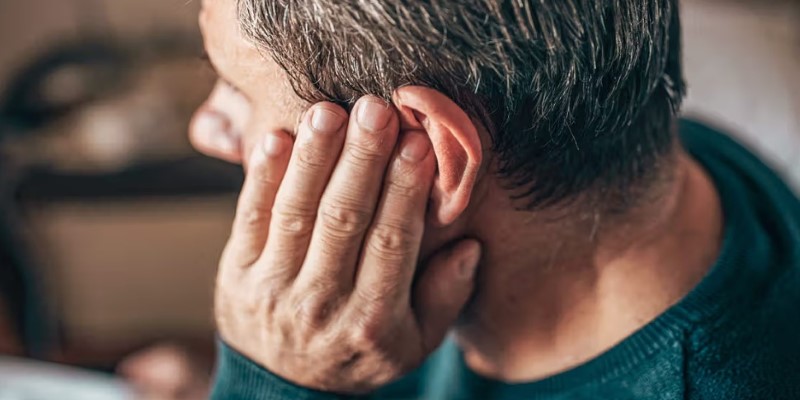The medicines for depression, especially the type called selective serotonin reuptake inhibitors (SSRIs), are usually given to balance brain chemicals. They can lessen feelings of constant sadness or lack of desire to do anything that comes with depression. However new studies show that these antidepressants could also notably affect how we negatively process emotional rewards, even though they might improve our mood stability. This article examines the impact of medications used to treat depression on mechanisms related to emotional rewards and its implications for sustained emotional well-being.
The emotional reward is related to how the brain reacts to positive things, like happiness, contentment, or joy. This reaction encourages actions that lead to these good feelings. It is very important in driving motivation and making decisions, as well as general wellness. The way our brains react to rewards has a strong connection with handling emotions - if any changes happen within this system it could influence people's understanding and experience of positive emotional states. For individuals suffering from depression, this mechanism often does not function properly. This leads to a symptom called anhedonia, where they lose interest or delight in activities that used to give them joy.

Antidepressants, specifically SSRIs, are made to fix chemical imbalances in the brain for better mood. But, there's proof hinting that these medications might also dull emotional reactions like emotional reward. Comprehending this connection is crucial to realizing the possible lasting effects of antidepressants on one's emotional health.
Medications for depression, notably SSRIs, boost serotonin levels which is a kind of neurotransmitter that manages mood. This can assist in lessening the signs of depression but it might also disturb the reward routes in our brain. Fresh research appears to say that SSRIs could dull down how your brain naturally reacts to things you find rewarding and make pleasant experiences not as emotionally satisfying.
This dulling influence happens as serotonin has two functions. It aids in controlling mood and handling rewards. When SSRI usage heightens the level of serotonin, dopamine, a neurotransmitter greatly linked to reward, may be decreased. Dopamine is crucial for feeling joy and drive, so its decrease could provide insight into why some individuals using antidepressants claim they feel emotionally void or neutral.
Studies indicate that the dulling of emotional pleasure is a frequent consequence of using antidepressants, impacting between 40-60% of people who take them. Trials in clinics have shown that many individuals on SSRIs typically experience a decrease in both positive and negative emotions, which results in what some label as an emotionless state.
A research conducted in 2022, published in Neuropsychopharmacology journal scrutinized the impacts of SSRIs on emotional gratification. The researchers identified that people who undergo long-term SSRI treatment encounter reduced neural activity in the brain's pleasure areas, precisely in the striatum - an important region for managing rewarding stimuli. This study indicated a possibility that this reduction could cause lower emotional gratifications from daily joyful experiences like social interactions or engaging hobbies.
This increasing collection of proof underlines the complicated link between antidepressants and emotional gratification. Although these medications successfully manage depression symptoms, their influence on processing emotional rewards brings up significant inquiries about enduring emotional health.
The lessened capacity to feel emotional delight can result in multiple outcomes, these effects could be immediate or might take some time. In the beginning, sufferers might observe a decrease in happiness from activities they previously took pleasure in. This could reduce their drive to involve themselves with such tasks. Gradually, this dulling of emotional gratification may impact personal relations, work effectiveness, and total satisfaction with life overall.
Moreover, this impact might generate a cycle where less emotional satisfaction can make people more dependent on medications. Because patients may believe their depression is growing severe while it's only the drug reducing their ability to respond emotionally to happy triggers. Some scientists have suggested that antidepressants, although beneficial for short-term use, need cautious observation over prolonged periods in order not to negatively influence emotional well-being.
Though antidepressants can be key to survival for some, it is important not to ignore their long-term effects on emotional well-being. There could be issues of diminished emotions which may affect the overall life quality of those undergoing this treatment, especially if used over a prolonged duration. The feeling of emotional pleasure plays a fundamental role in human lives as it affects our joy and influences both personal satisfaction and our relationships with others.

Studies indicate that long-term disturbance of emotional gratification processing might impact mental well-being in a wider context. Individuals suffering from emotional dullness might face difficulties with feelings of disconnection from their emotions, potentially causing annoyance, seclusion, or even reevaluation of the merits of pursuing antidepressant treatment. Comprehending and tackling these effects is crucial for enhancing treatment strategies and bettering prolonged results for people on antidepressants.
To a lot of people, antidepressants give major help from the crippling effects of depression, helping them to operate better in everyday life. But still, it's necessary to balance these medicines' good points against their possible negative outcomes - especially with emotional satisfaction. Clients and healthcare professionals should collaborate closely to check not just depressive signs but also any shifts in feeling reactions over time.
To lessen the bad effects of antidepressants on emotional reward, we can consider other or additional treatments. These could include psychotherapy, changes in lifestyle, or different types of medications. Furthermore, some studies indicate that changing the amount taken or using a different medication can decrease emotional dullness without losing any good therapeutic results.
Antidepressant medications are important for controlling depression, but studies indicate that they might also have a negative influence on the brain's system of emotional reward. This could appear as a decrease in pleasure and contentment experience capability, which may impact long-term mental and emotional wellness. It is very key to know these effects when choosing to use antidepressants or not, comparing their advantages with possible emotional negatives, and making sure patients obtain the optimal life quality achievable.

By Martina Wlison/Sep 20, 2024

By Darnell Malan/Oct 10, 2024

By Paula Miller/Oct 16, 2024

By Verna Wesley/Oct 09, 2024

By Sean William/Sep 27, 2024

By Alison Perry/Sep 20, 2024

By Alison Perry/Oct 15, 2024

By Elena Davis/Oct 17, 2024

By Madison Evans/Oct 24, 2024

By Sean William/Oct 16, 2024

By Madison Evans/Oct 15, 2024

By Korin Kashtan/Sep 20, 2024